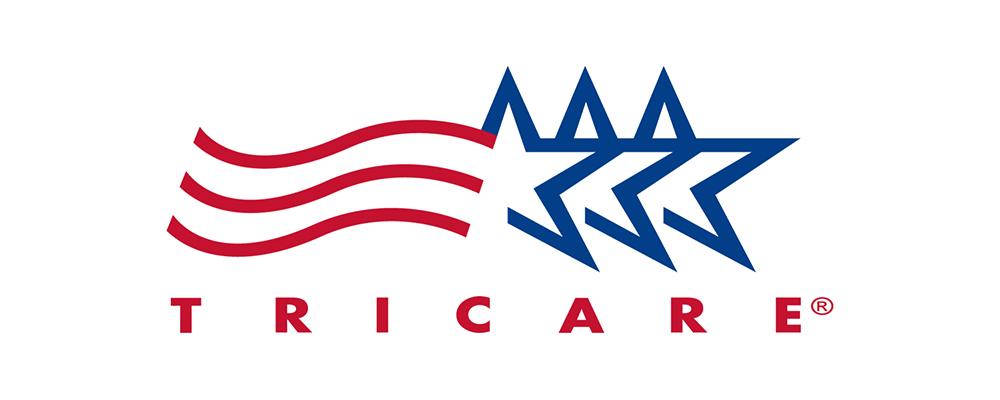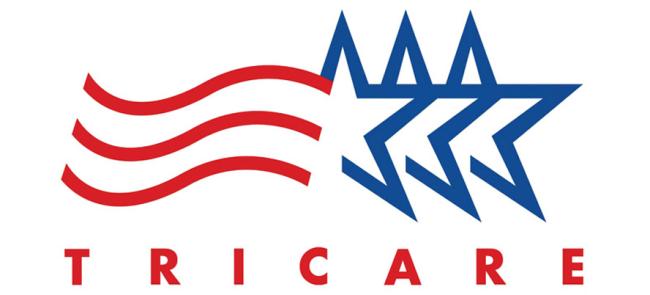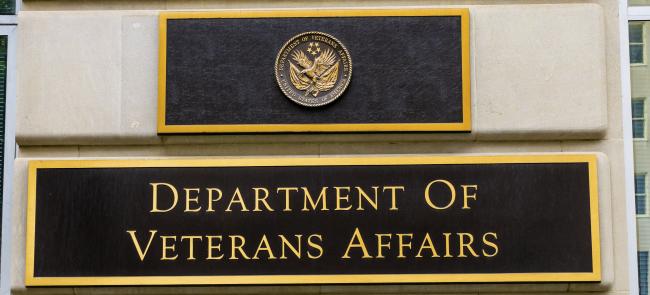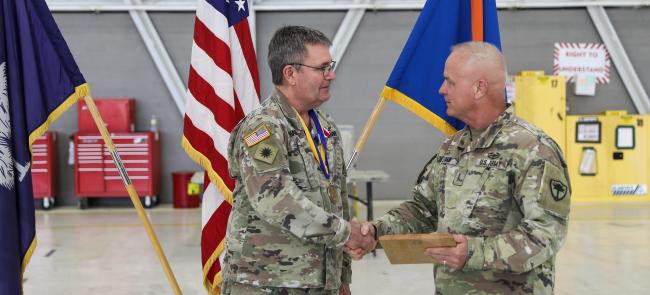
Every National Guardsman and Reservist would have access to zero-cost medical care under legislation in the House.
Re-introduced late last month by Reps. Andy Kim, D-N.J., and Trent Kelly, R-Miss., the Healthcare for Our Troops Act (H.R. 4221) would offer every reserve-component service member no-fee coverage through TRICARE Reserve Select.
Kelly is a major general in the Mississippi Army Guard. He and Kim are co-chairs of the House National Guard and Reserve Caucus. Both lawmakers are also members of the House Armed Services Committee.
Officials estimate 130,000 reserve-component personnel have no consistent health insurance.
While active-component personnel receive year-round health care, Guardsmen and Reservists are eligible for military medical coverage only when they are mobilized on federal orders for more than 30 days.
This distinction means a significant portion of the force lacks access to the preventative health care that is critical to answering the call to serve, according to NGAUS and Gen. Daniel R. Hokanson, the chief of the National Guard Bureau.
NGAUS considers zero-cost TRICARE and dental to ensure reserve component medical readiness a legislative priority.
"This is a readiness issue," said retired Brig. Gen. J. Roy Robinson, the association's president. "Our country relies on the National Guard to always be ready, and we can't do that if our members lack consistent medical care, including preventive care."
"We must take care of our units so they can take care of our communities," he added. "The fact that we have members serving our nation in uniform who do not have health insurance is unthinkable."
"This legislation will right that wrong and revolutionize the way we deliver health care to the Guard."
Kim and Kelly's bill would also remove the statutory language that bars Guardsmen and Reservists who are full-time federal civil servants from using TRS. This includes Guard dual-status technicians.
Another provision would fix the parity gap for Guardsmen and Reservists who retire early due to deployment credits, making them eligible for low-cost TRICARE retiree programs upon receipt of retirement pay, rather than reaching age 60.
Unfortunately, the HASC didn't include this legislation in its version of the FY24 National Defense Authorization Act.
Timing is part of the issue.
The program is considered "new spending," which is in short supply this year due to the debt ceiling agreement, Robinson said, even though zero-cost TRICARE would increase the nearly $60 billion the military spends annually on health care by only about 1%.
"Zero-cost TRICARE would pay for itself in higher medical readiness and retention and the elimination of the $162 million the Guard pays every year for troop physicals from medical contractors," he added.
While zero-cost TRICARE didn’t make the cut in the HASC's version of the FY24 NDAA, zero-premium dental coverage is included in the committee's version of the annual defense policy bill. Kim and Kelly also co-sponsored the dental provision.
NGAUS considers dental coverage another readiness multiplier, as such issues can also prevent soldiers and airmen from mobilizing.
The Healthcare for Our Troops Act will remain in play in the House through the 118th Congress.
Per Robinson, the next step for the measure is getting a companion bill in the Senate and making both chambers more aware of the value of medical and dental readiness.
Toward that end, NGAUS issued a legislative alert June 29 calling on the association's members to contact their elected representatives in Washington, D.C., to support zero-cost TRICARE and dental coverage.
This goal can be easily accomplished using the Write to Congress feature on the association's website.
Nearly 1,500 NGAUS members have contacted their representatives about this issue since last week.
— By John Goheen









